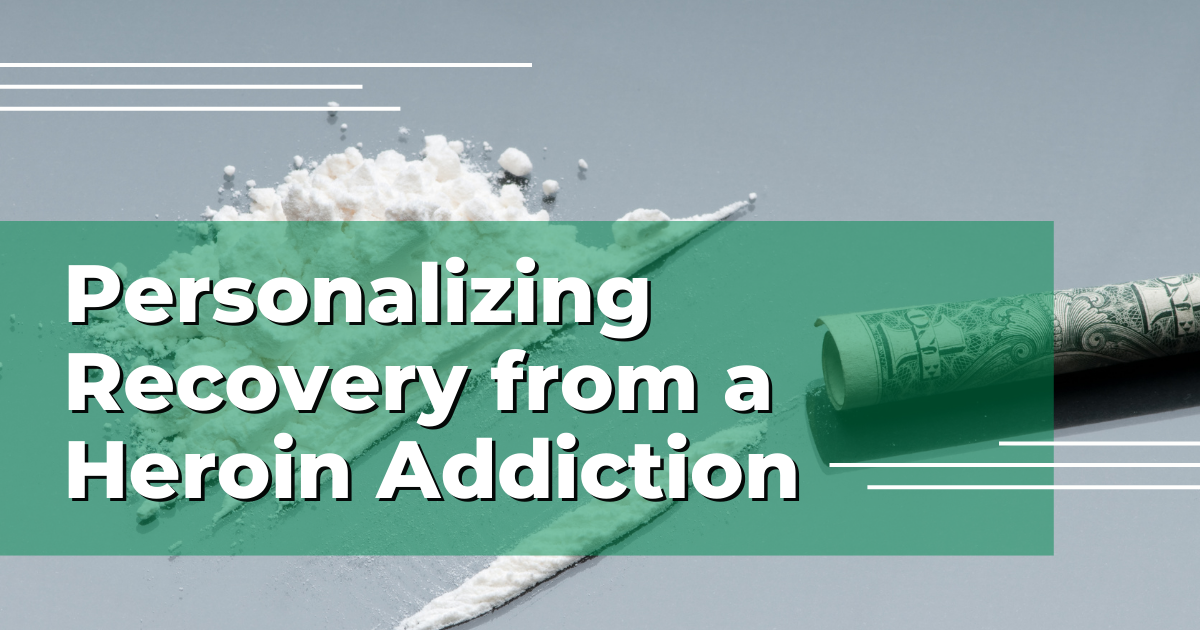We can easily get wrapped up in the impersonal nature of describing a heroin addiction. We may use medical or academic terms that depersonalize the experience of being hooked on the drug. It’s a wise choice to become reacquainted with those who’ve struggled with, and are currently battling, an addiction to heroin. Why?
2014 Study Illuminates the Experience of Heroin Cessation
The 2014 CHANGE Study, conducted by multiple medical schools in New York, bought personal stories to the table in a wide-ranging set of interviews with low-income individuals who’ve experienced a heroin use disorder. Participants were interviewed between 2008 and 2009 in both English and Spanish. The primary goal was to investigate the experience of cessation and why some people were able to make a successful recovery from heroin, what their cessation was like, and why others relapsed.
The project gave heroin users the chance to share their stories with an audience that might feel disconnected from their experience. Gaining new knowledge on the experience of addiction is valuable in many ways to those who treat it and learning from those who were successful can give us a look at potential ways forward in treatment innovation. As the paper’s authors state in the conclusion section, this study is useful for those working in substance use disorder treatment services:
“Providers working in drug treatment, harm reduction, and other settings can incorporate this information into sessions to promote more personal and multifaceted approaches that might facilitate improved treatment outcomes and quality of life for individuals working to abstain from heroin use. Similarly, other users may be empowered and instructed by these successes (which often reflect multiple attempts) and may use the examples to identify motivators and processes that are most likely to be effective. This information may be most useful to those averse to treatment and/or 12-step programs—and those for whom such programs have proved ineffective—as it suggests multiple routes to cessation.”
Motivations and Facilitators for Heroin Cessation
Motivations for cessation included aspects such as quality of life, interpersonal connections (family, friends, other loved ones), and fear. There were many facilitators and processes for cessation in the lives of those who had achieved recovery in the study. These included social support, treatment, and life changes.
Almost everyone that was in recovery as part of the study came from some sort of economic hardship or a broken home situation. Most of the homes they were raised in had drugs readily available. Even though they started from adverse positions, they managed to claw their way to the finish line successfully. They were wise with the use of resources at their disposal during their time ending their use of heroin and leveraged their situations in ways that others might not have been able to do. They very much did not crumble under pressure—their resolve is inspiring in scope.
Every member expressed fatigue towards the drug-filled life and felt it was necessary to finally do something right by their families and friends. Fear of something, such as HIV infection or overdose was also a significant self-motivator. One other major motivator for many of the participants was the ability to see tangible progress toward the goals they set for themselves at the beginning of their recovery.
The authors of the study concluded that the findings make a significant contribution to literature on heroin abuse and cessation:
- The focus on cessation, independent of treatment, remains uncommon and allows for a greater understanding of pathways to heroin abstinence.
- [The] exploration of prolonged cessation is unusual, allowing [researchers] to go beyond the short-term fixes to processes and strategies that continued over months and years.
- Differences between former and relapsed users in the frequency of reported motivators and facilitators suggest topics for analysis in larger studies.
- [The] use of qualitative methods allows the study participants to speak for themselves and to describe their perceptions and experiences in detail. Their reports demonstrate strong motivation, committed support systems, and the deliberate and thoughtful strategies employed in order to abstain from heroin use.
Read the CHANGE study here.
Learn More
To learn more about how Landmark Recovery treats heroin use disorders successfully, call one of our dedicated admission specialists at 888-448-0302 today. They can help you find the treatment you need at one of our facilities so you can unlock your potential and achieve the life you want.

Choose Recovery Over Addiction
We're here 24/7 to help you get the care you need to live life on your terms, without drugs or alcohol. Talk to our recovery specialists today and learn about our integrated treatment programs.




